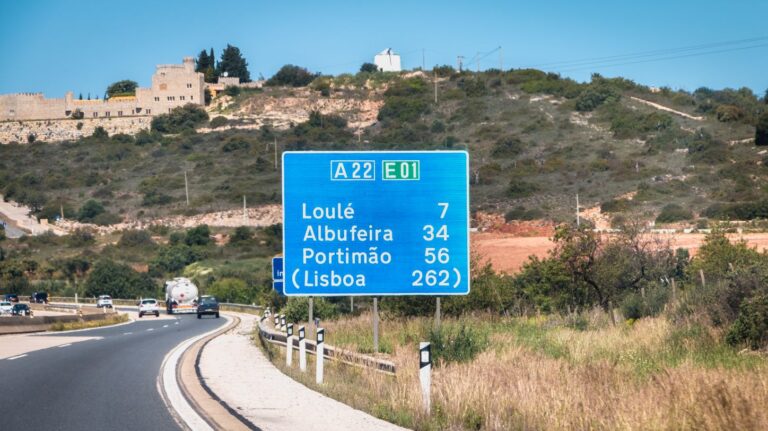In a significant policy shift, Portugal has abolished tolls on several major motorways as of January 1, 2025.
The decision, formalised under Law No. 37/2024 and published in the Diário da República on August 7, 2024, aims to enhance mobility and road safety, particularly in regions where high-capacity highways lack safe and quality alternative routes.
The Portuguese government asserts that the measure is designed to prevent drivers from opting for less secure roads to avoid toll expenses.
The affected motorways include the A4 (Transmontana and Túnel do Marão), A13 and A13-1 (Pinhal Interior), A22 (Algarve, also known as Via do Infante), A23 (Beira Interior), A24 (Interior Norte), A25 (Beiras Litoral and Alta), and specific sections of the A28 (Litoral Norte), notably between Esposende and Antas, and between Neiva and Darque.
Financially, the 2025 State Budget estimates a revenue loss of approximately €180m due to the toll removal.
Additionally, the Technical Project Monitoring Unit (UTAP) under the Ministry of Finance projects an increase in public-private partnership (PPP) costs by €1.106bn, which will be covered through taxpayer contributions.
SPEAKER SPOTLIGHT: Teresa Santos, Cabinet of the Secretary of State for Mobility, República Portuguesa
The Portuguese Taxpayers Association has criticised the move, suggesting it shifts infrastructure costs from road users to the general taxpayer, including those who do not utilise these motorways.
The policy has garnered support from various political parties, including the Socialist Party, Chega, Bloco de Esquerda, PCP, Livre and PAN.
Conversely, the ruling Social Democratic Party voted against the measure, advocating for a gradual reduction of tolls rather than an abrupt elimination.
Local business owners and cross-border commuters have expressed approval, anticipating increased economic activity and tourism, particularly in border regions.
Despite the positive reception, concerns remain regarding the existing toll infrastructure.
The Via do Infante Users Commission has called for the immediate dismantling of toll gantries to prevent potential future reinstatement of tolls.
As of February 2025, the government has not officially responded to these calls.
FREE: Subscribe to the monthly Road User Charging Conference Newsletter!
However, Algarve PS deputies have urged the Ministry of Infrastructure to ensure that Infraestruturas de Portugal removes the old toll gantries, especially those at the Guadiana River border, which continue to signal toll roads to incoming drivers.
In light of the anticipated increase in traffic following the toll abolition, there are calls for a regular maintenance and conservation plan for the A22’s road surface.
Deputy Luís Graça emphasised the need for prompt action, stating that even during the concession period, the degradation of the Via do Infante’s surface was a recurring concern, necessitating immediate measures to ensure user safety.
Portugal’s decision to remove tolls from these motorways represents a significant shift in transport policy, aiming to reduce costs for road users and enhance regional accessibility.
The long-term impacts on public finances, traffic patterns, and local economies will require careful monitoring and assessment in the coming years.
Discover the key trends and challenges shaping the future of user-financed transportation –spanning tolling, pricing and road usage charging – at Akabo Media’s global Road User Charging Conference series. Join senior decision-makers from around the world as they tackle the issues defining the industry in Brussels (March 2025), Abu Dhabi (May 2025), Miami (September 2025), and Singapore (October 2025). Gain invaluable insights, share innovative ideas and network with global leaders driving the transformation of transportation systems. Click here to learn more and secure your place!





